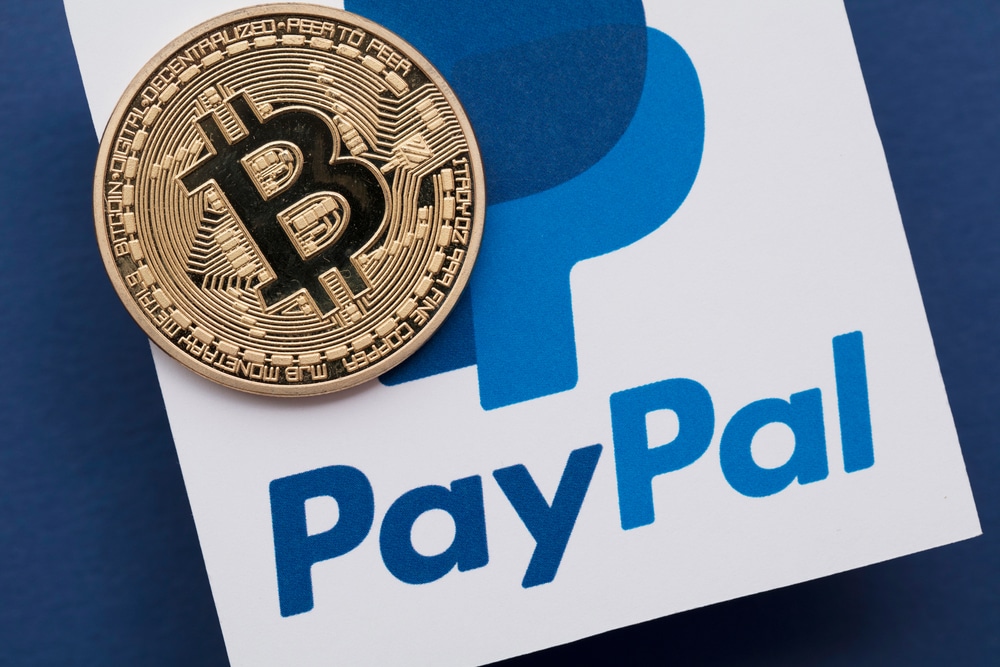Comprehensive Guide to Ethereum Wallets: Ensuring Safe Transactions

Ethereum is regarded as one of the most respected digital assets worldwide. Its widespread recognition has resulted in an increasing number of individuals eager to engage with the Ethereum platform. However, one must obtain an Ethereum wallet to conduct secure ETH transactions.
A digital wallet, sometimes called an e-wallet, is either a software application or a mobile app designed to house the credentials needed to access your ETH securely. While purchasing Ethereum through an exchange is feasible, it poses risks due to potential security breaches. In contrast, a wallet, anchored by a private key, grants you complete autonomy over your assets.
Ethereum Wallets Explained
An Ethereum wallet serves as a conduit to interact with the Ethereum network. Analogous to an email account, it holds a balance and can be employed for various tasks, such as executing transactions or initiating dApps and smart contracts. The spectrum of Ethereum wallets is vast, each differing in capabilities. Some are tailored exclusively for ETH transactions, while others are multifaceted, allowing for smart contract creation.
Initiating an Ethereum wallet necessitates downloading or noting a seed phrase or a private key. Both are pivotal in safeguarding your assets. Envision a crypto wallet as a digital vault for your cryptocurrency; with the seed phrase, access is straightforward. It’s imperative to securely store this password in a physical ledger to prevent misplacement.
Entrusting private keys to external software might seem convenient, but needs to be revised. The susceptibility of such services to breaches can expose your keys to malevolent entities.
Diverse Ethereum Wallets
Ethereum wallets come in multiple forms, each with its security level. Here’s a brief overview to aid in selecting the most suitable storage method for your ETH:
- Online Wallets: Hosted on cryptocurrency exchanges, these wallets are user-friendly. However, their online nature makes them vulnerable to cyber threats. Users should exercise caution, steering clear of deceptive sites that mimic genuine platforms to pilfer cryptocurrency.
- Hardware Wallets: Renowned for their robust security, these wallets store private keys offline. Access funds must be connected to a computer and unlocked with a password. Direct purchases from manufacturers are recommended to avoid tampered devices.
- Desktop Wallets: Compatible with platforms like Linux, macOS, and Windows, these wallets facilitate Ethereum transactions and smart contract development. They store keys locally, necessitating computer access. Given their online connectivity, safeguarding against malware is crucial.
- Browser Wallets: Designed for desktop browsers, they house ETH and ERC-20 tokens. Seasoned users can also leverage them for other digital ledger interactions. Browser extensions encrypt private keys within the browser, are deemed more secure than web platforms, and require a password for access.
- Paper Wallets: True to its name, this wallet is a physical paper bearing private keys. Its simplicity—requiring just paper and ink—makes it universally accessible. However, its tangible nature means it’s susceptible to physical damage or loss.
Funding Your Ethereum Wallet
Once you’ve chosen an Ethereum wallet, the subsequent step is to deposit ETH into it. One standard method is a centralized exchange where you can acquire Ether and transfer it to your designated wallet. This process entails sending funds to a public wallet address, akin to the IBAN system in conventional banking.
For every transaction, a fee is required to be paid to the network validators. The exact fee isn’t constant; it fluctuates based on the demand for space within the blockchain’s data blocks.
Securing Your ETH: Vital Considerations
While funds in a bank account are generally secure from unauthorized access, the same cannot be said for cryptocurrency wallets. The potential for unauthorized access and theft is higher. Therefore, it’s crucial to be meticulous, ensuring that you send your ETH to the correct address and engage with legitimate applications.
Utilizing mobile cryptocurrency wallets only on secure wireless networks is advisable, avoiding public areas like malls or airports. For those using a hardware wallet, it’s imperative to securely store your seed phrase and refrain from disclosing it. If you possess a paper wallet, safeguard it against hazards like fire and water.
Moreover, always exercise caution. If something appears overly advantageous, it’s wise to be sceptical. Some malicious entities lure individuals with deceptive offers or fake giveaways to extract ETH. To mitigate such risks, thorough research is essential when exploring a particular venture.
Conclusion
Considering Ethereum as an addition to your investment portfolio is commendable. However, the security of your funds is paramount. Each Ethereum wallet offers distinct advantages and drawbacks. It’s essential to evaluate them based on factors like security, user-friendliness, compatibility with different platforms, and other beneficial features.
DISCLAIMER: It's essential to understand that the content on this page is not meant to serve as, nor should it be construed as, advice in legal, tax, investment, financial, or any other professional context. You should only invest an amount that you are prepared to lose, and it's advisable to consult with an independent financial expert if you're uncertain. For additional details, please review the terms of service, as well as the help and support sections offered by the provider or promoter. While our website strives for precise and impartial journalism, please be aware that market conditions can shift unexpectedly and some (not all) of the posts on this website are paid or sponsored posts.









